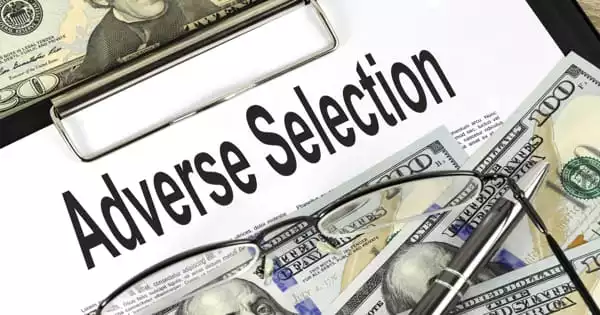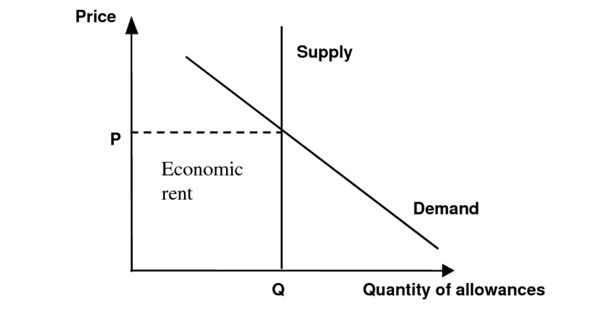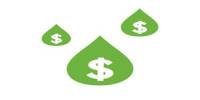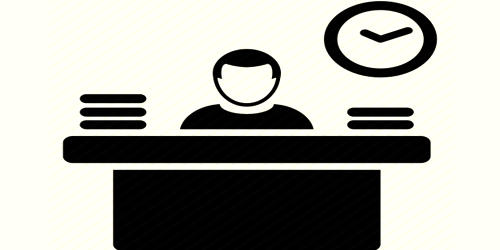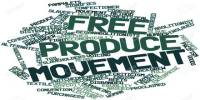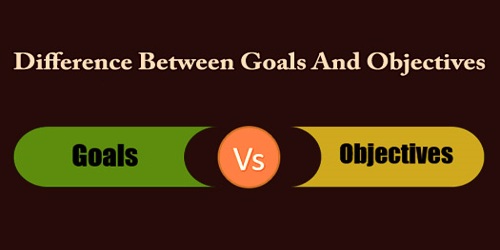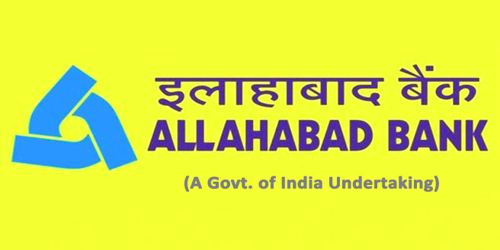Adverse selection refers to a situation in which sellers have information about a product’s quality that purchasers do not, or vice versa. Adverse selection is a market condition in which buyers and sellers have different information in economics, insurance, and risk management. In the area of insurance, it is the proclivity of persons with hazardous employment or high-risk lifestyles to buy products such as life insurance. As a result, individuals with critical knowledge may choose participate in trades at the expense of other parties who do not have the same information.
When one party in a negotiation has relevant information that the other party does not, this is referred to as adverse selection. Buyers should pay a price that reflects their willingness to pay and the worth of the product or service to them in an ideal world, and sellers should sell at a price that reflects the quality of their goods and services. Asymmetry of information frequently leads to poor judgments, such as expanding into less profitable or riskier market niches.
A low-quality product, for example, should be inexpensive, whereas a high-quality product should be pricey. However, when one party has information that the other party does not, they have the chance to harm the other party by maximizing self-utility, withholding essential information, and possibly even lying. Adverse selection is defined as the use of concealed information to gain an advantage in an economic contract or trade.
This potential has secondary consequences: the party without the information can take efforts to avoid entering into an unfair (perhaps “rigged”) contract, such as withdrawing from the contact, or a seller (buyer) can ask a higher (lower) price, reducing the volume of trade in the market. Furthermore, it can deter people from participating in the market, leading to less competition and thus higher profit margins for participants.
The hypothesis for market collapse begins with people seeking to purchase things from an unfamiliar market. Sellers who know which things are high or low quality would seek to offer the lower quality goods at the same price as the higher quality goods, resulting in a higher profit margin. High-quality sellers no longer reap the full benefits of having better goods because low-quality goods reduce the average price to a level that is no longer profitable for the selling of high-quality items.
As a result, high-quality suppliers abandon the market, thus lowering the quality and price of goods. This market collapse is therefore produced by a lack of demand in reaction to a drop in price, as well as a decrease in the overall quality of market offerings. When consumers with unknown characteristics purchase items or contracts priced for other demographics, the vendor is often the uninformed party.
Underwriters often consider an applicant’s height, weight, present health, medical history, family history, career, hobbies, driving record, and lifestyle hazards like as smoking; all of these factors have an impact on an applicant’s health and the company’s ability to pay a claim. Due to adverse selection, insurers discover that high-risk individuals are more prepared to take out and pay higher premiums for insurance. If the company charges an average price but only high-risk consumers buy, the company takes a financial loss by paying out more benefits or claims.
